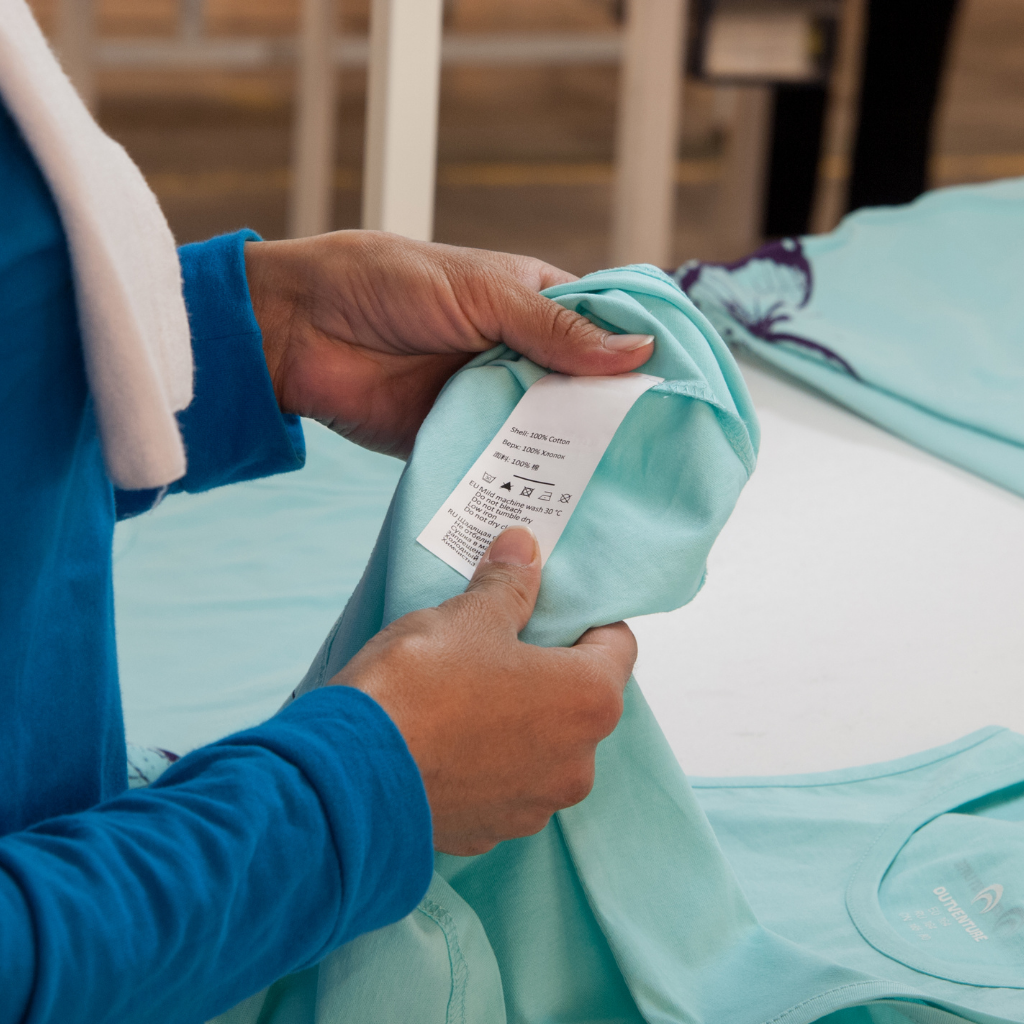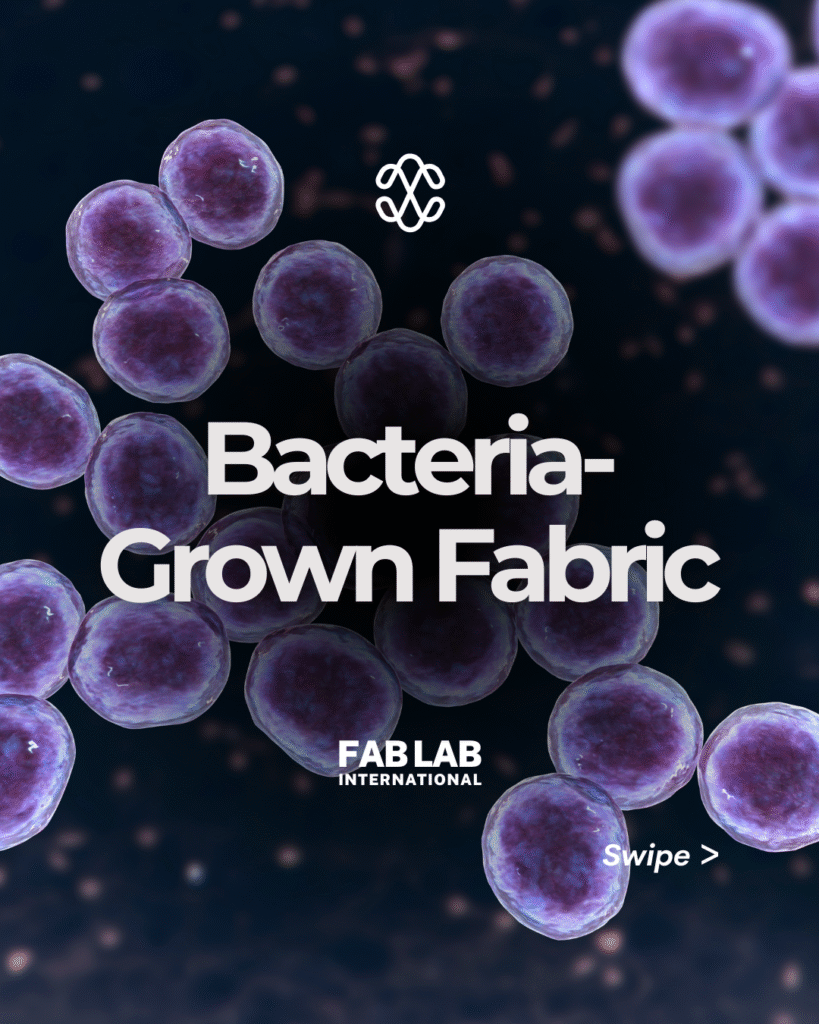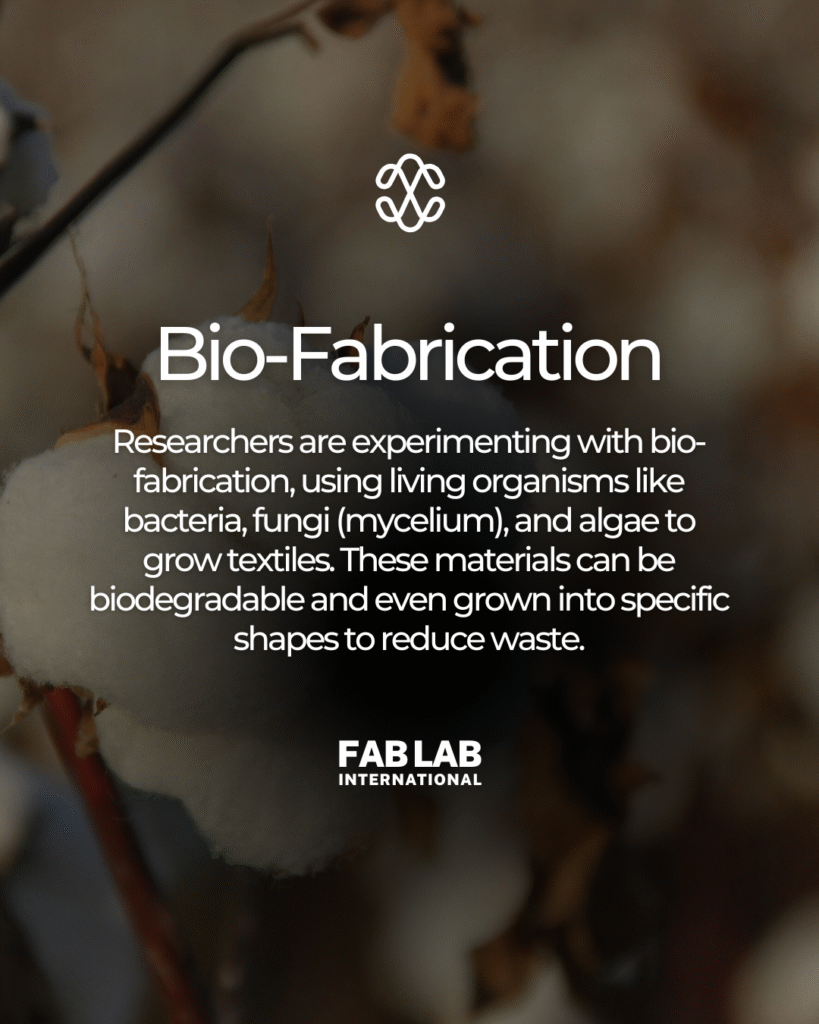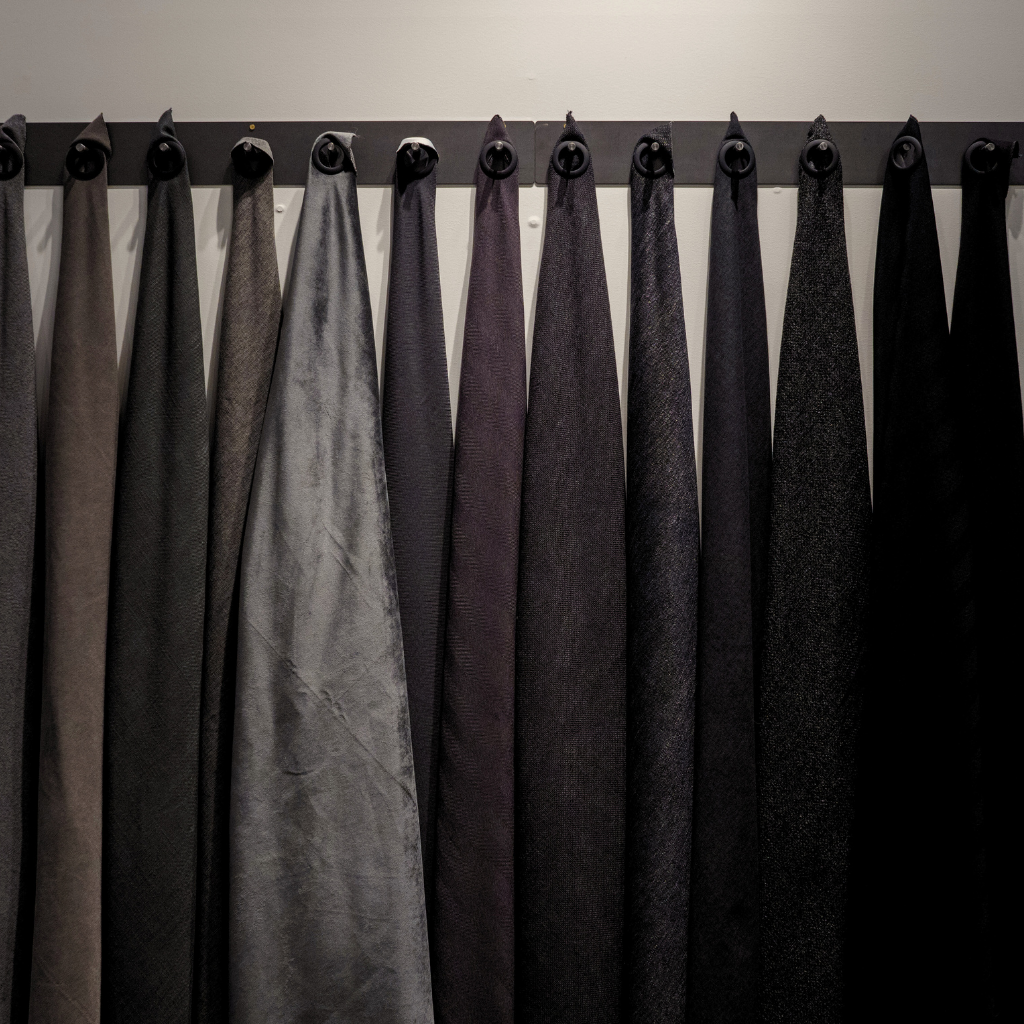No products in the cart.
Recycled Fabrics
Giving Materials a Second Life
Recycled fabrics are a cornerstone of the circular economy, transforming discarded materials into new, high-quality textiles. This process directly addresses the global waste crisis by repurposing what would otherwise end up in landfills or oceans. When shopping for textiles, look for the OEKO-TEX® STANDARD 100 label to ensure your products are safe and tested for a wide range of harmful substances.
FAQs
What They Are
Recycled fibers are created from pre-existing waste, such as post-consumer plastic bottles, old clothing, and industrial scraps.
Key Benefits
The production of recycled polyester (rPET) requires up to 45% less energy and 20% less water than making virgin polyester, while reducing carbon dioxide emissions by 30%. This process gives materials a second life, diverting waste and reducing the need for new, non-renewable resources.
Environmental Impact
While incredibly effective at tackling the waste problem, recycled synthetics like rPET still release microplastics during washing, a factor that requires careful consideration.
Your next big idea is a conversation away.
Reach out to us to learn how we can help you with fabric development, testing, and sustainable solutions.
Follow us on @fablabinternational







